Blazer Fabric – How to turn heads with your stylish choices
Blazers are versatile, often tailored jackets that effortlessly bridge the gap between casual and formal attire. They add a touch of sophistication to various outfits, making them a wardrobe staple for both men and women. Whether paired with jeans for a smart-casual look or worn over a dress for a more polished appearance, blazers contribute a timeless and elegant style to any ensemble.
Types of fabrics to be used for Blazers
When selecting a fabric for a blazer, consider the climate, the desired formality, and personal comfort preferences. Each fabric brings its unique characteristics to the overall look and feel of the garment. Choosing an appropriate Blazer fabric can be a challenging task that would not only keep you comfortable but also give a perfect drape over your body by enhancing the prominent body features. Let’s have a look over some best fabric options to be used for a blazer.
- Wool
Wool stands out as an excellent choice for blazers, offering a combination of classic elegance and practical functionality. One of its notable characteristics is its warmth and insulation, making it particularly suitable for cooler seasons.
Wool blazers can provide comfort in a range of temperatures, from cool autumn days to milder climates. Beyond its weather-related advantages, wool boasts a natural drape that contributes to a tailored and sophisticated look. This quality, combined with its resistance to wrinkles, ensures that a wool blazer maintains a polished appearance throughout wear.
- Cotton
Cotton blazers often have a more laid-back and casual appearance, making them suitable for smart-casual occasions. The fabric drapes well, offering a comfortable fit without compromising on a polished look.
Cotton blazers are known for their easy care. Machine washable and less prone to wrinkling compared to some other fabrics, they provide convenience for everyday wear. While not as formal as certain alternatives like wool, cotton blazers are excellent choices for those seeking a comfortable and approachable style, particularly in less formal or warmer environments.
- Nylon for blazers
Nylon blazers can offer a contemporary and sporty aesthetic. The fabric's ability to repel water adds a practical dimension, making these blazers suitable for outdoor or unpredictable weather conditions. While nylon blazers may not be as traditional as wool or cotton options, they cater to individuals seeking a more technical and performance-oriented garment.
One of the notable features of nylon is its resistance to wrinkles, making blazers constructed with nylon blends low-maintenance and suitable for travel. However, nylon may not breathe as well as natural fibers, so it's often incorporated in blends with other materials to balance comfort.
- Velvet fabric
Velvet, a luxurious and soft fabric, adds a touch of opulence to blazers. Known for its distinctive sheen and smooth texture, velvet blazers are often chosen for more formal or special occasions. The fabric drapes well and provides a rich, textured appearance, contributing to an elegant and refined style. While velvet blazers are less common in everyday wear, they make a bold statement in settings where a touch of sophistication is desired.
- Polyester
Polyster is frequently used in blazer construction due to its durability and resistance to wrinkles. Polyester blends are known for their affordability and ease of maintenance. Blazers made from polyester often retain their shape well, making them suitable for regular wear. While polyester may lack the breathability of natural fibers, it adds a level of practicality, especially for those seeking a budget-friendly and low-maintenance option. Polyester blazers are versatile and can be styled for both casual and more formal occasions.
Linen as a versatile and trendy blazer fabric
Linen fabric blazers are often favored for smart-casual or business-casual settings. Their versatility allows them to be paired with both dressier and more casual elements, offering a stylish and comfortable option for a range of occasions. While the wrinkles may deter those seeking a pristine look, for many, the natural, slightly rumpled appearance of linen adds to its appeal.
Blazer Fabric Vs Suit Fabric
The primary distinction between blazer fabric and suit fabric lies in their intended use and formality:
Blazer Fabric:
- Versatility: Blazers are often designed for more versatile and casual wear compared to suits. As a result, blazer fabrics tend to be less formal.
- Texture and Pattern: Blazers frequently incorporate a wider range of textures, patterns, and colors.
- Stand-Alone Piece: Blazers are standalone jackets and are not necessarily part of a matching set. This allows for more flexibility in pairing with different trousers or jeans.
Suit Fabric:
- Formality: Suits are inherently formal, and their fabrics reflect this. Wool is the most common suit fabric, known for its refined appearance and suitability for professional and formal settings.
- Consistency: Suits are typically made from a single fabric, ensuring a consistent look.
- Solid Colors: Suits often feature solid colors or subtle patterns. This simplicity contributes to a more formal and business-like look.
In summary, blazers offer a more diverse range of fabrics, patterns, and colors, promoting a relaxed and adaptable style. Suits, on the other hand, emphasize formality and uniformity in fabric, presenting a cohesive and professional appearance suited for business and formal occasions.
FAQs
- How much fabric do we need for a blazer?
The amount of fabric needed for a blazer depends on factors like size, pattern, and fabric width. On average, it ranges from 2 to 3 yards for a standard blazer.
- Which fabric is good for blazer?
Wool is an excellent choice for blazers, offering a classic, refined look. Its warmth, breathability, and versatility make it a favored fabric for both men's and women's blazers.

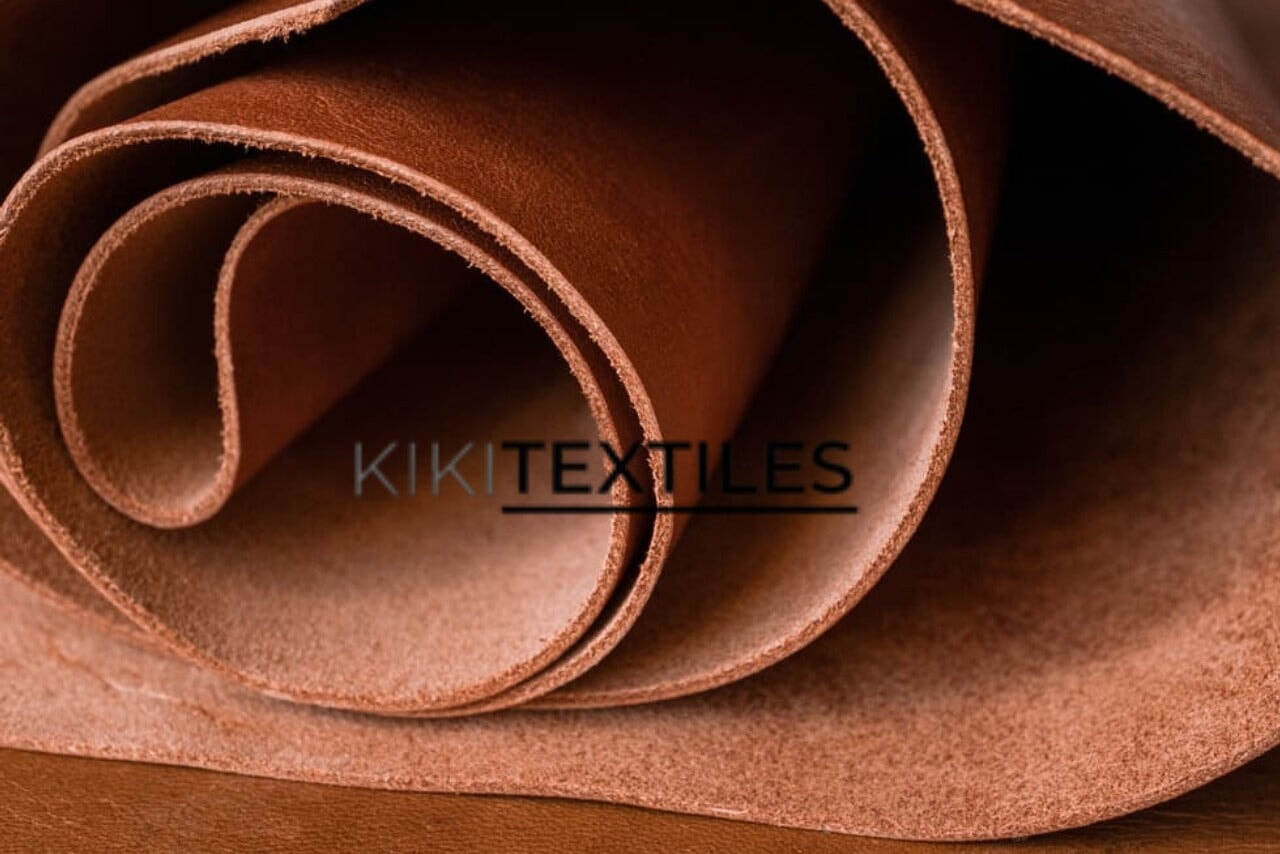
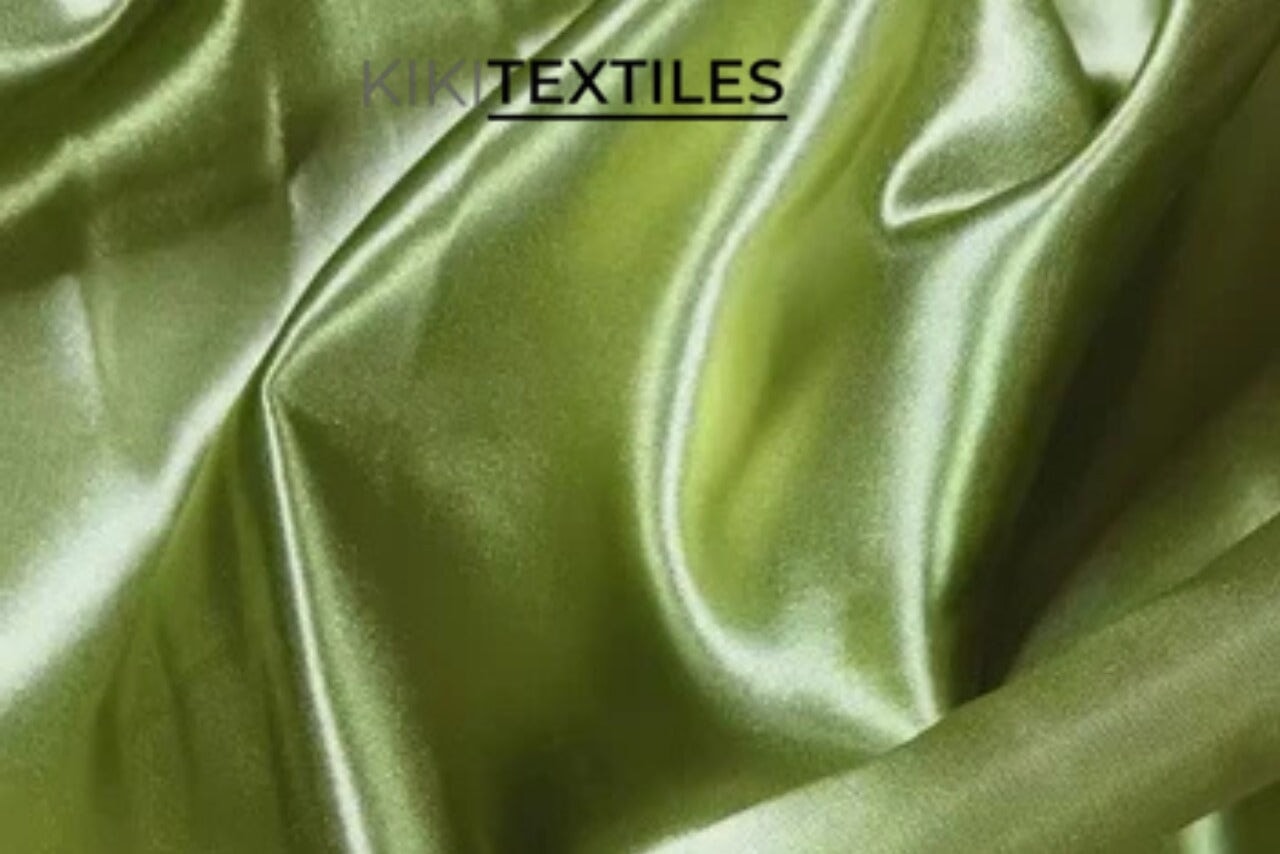
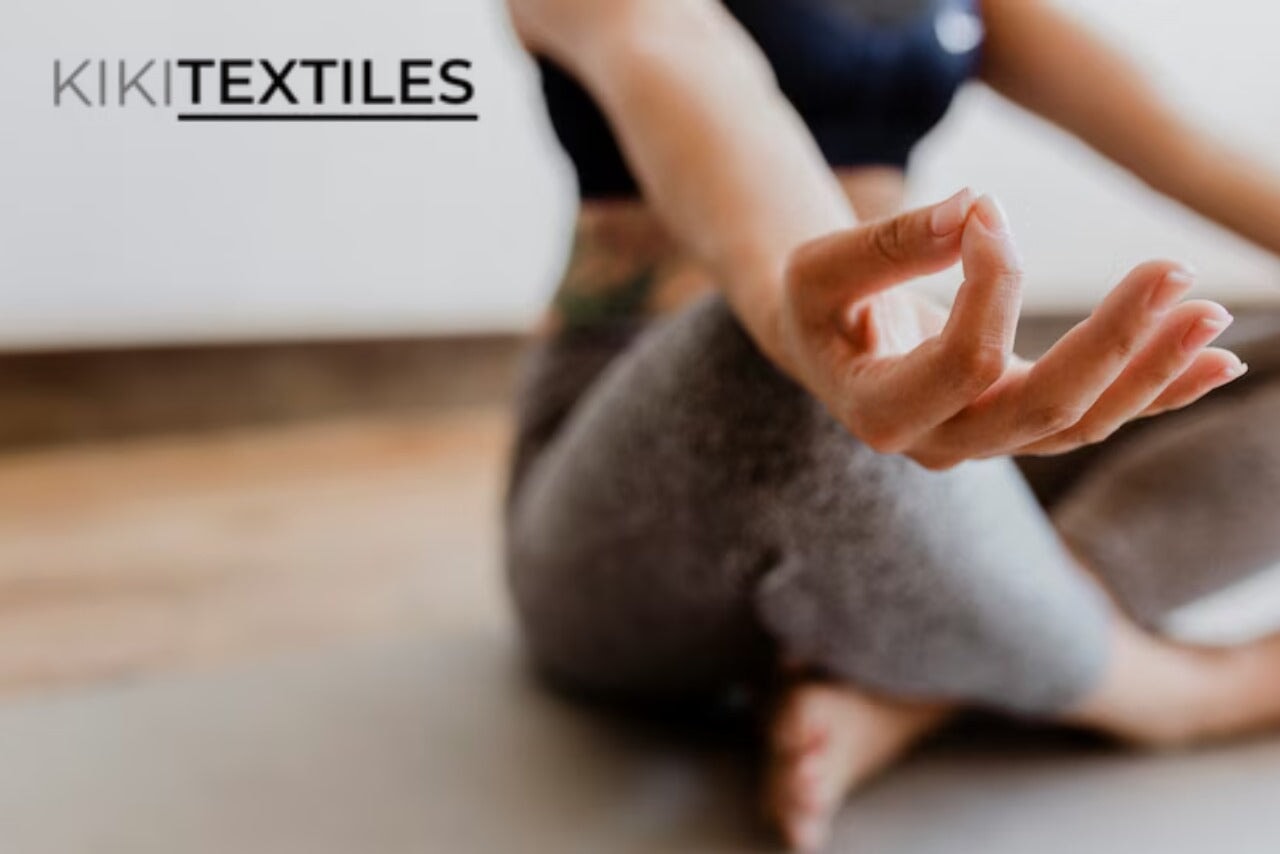
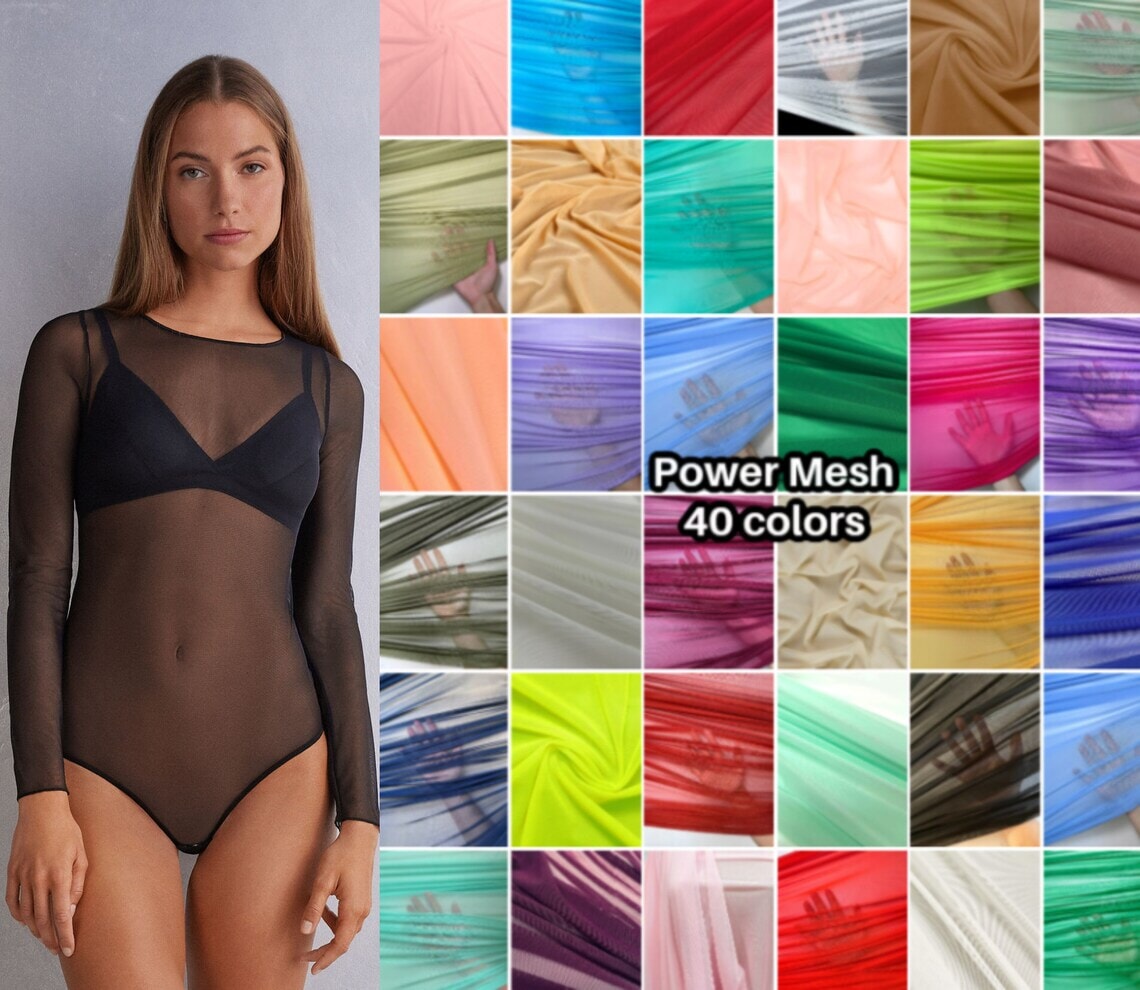
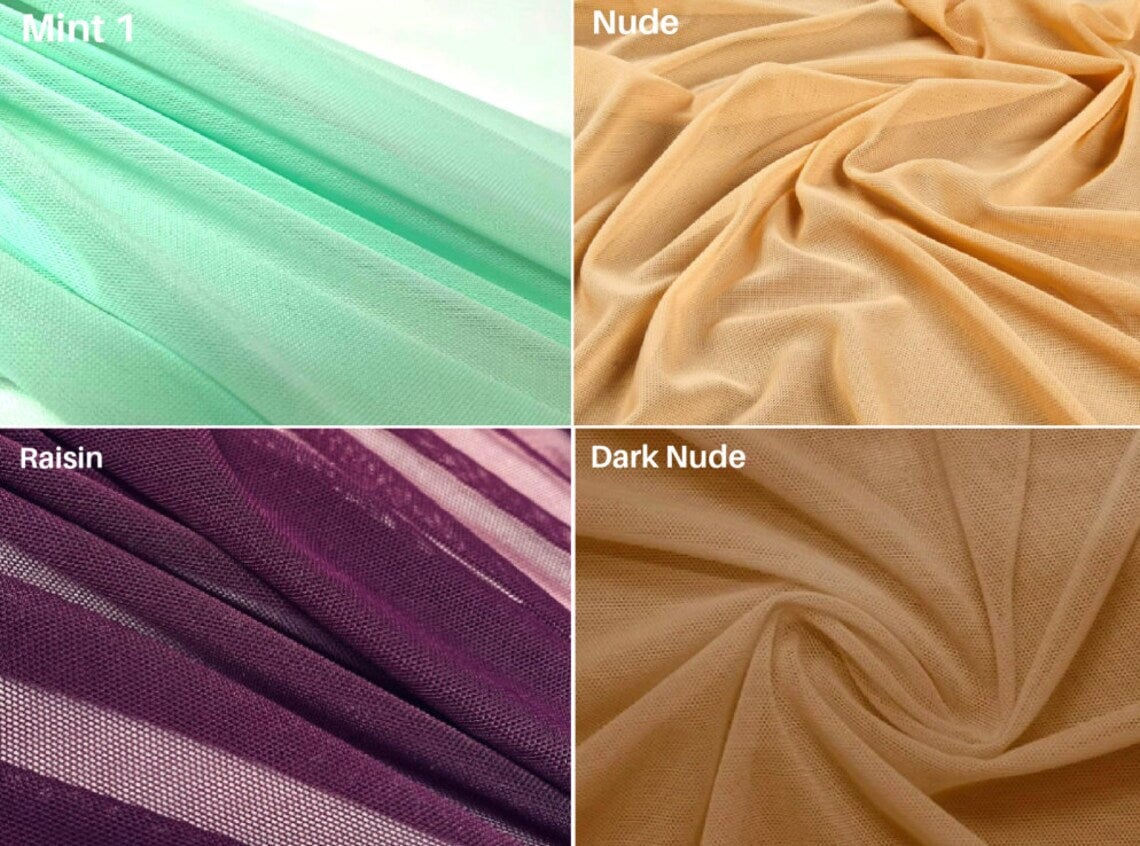
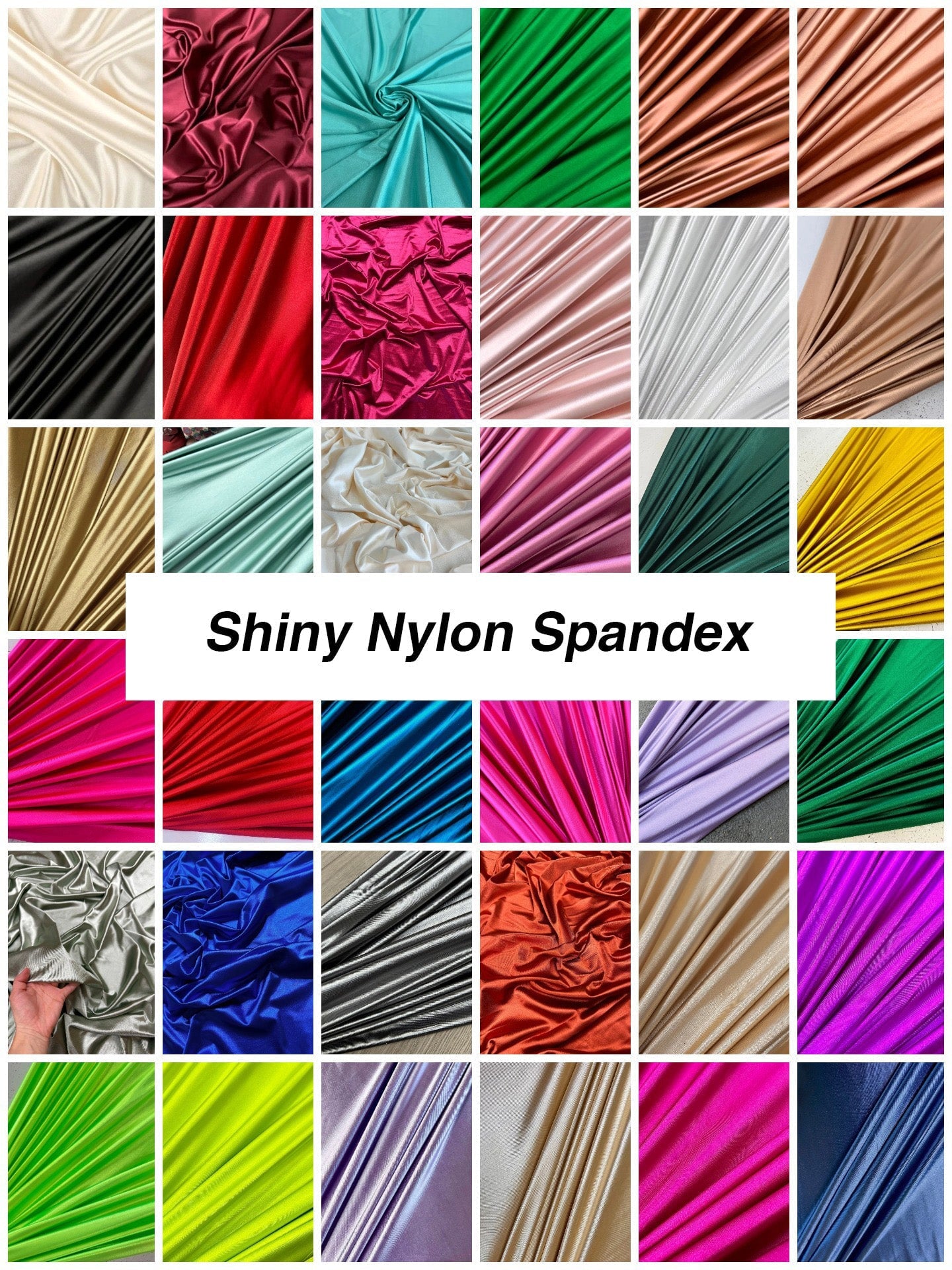
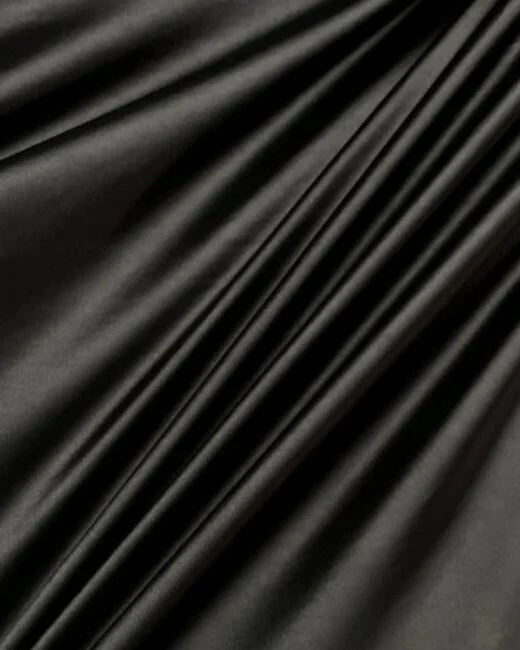
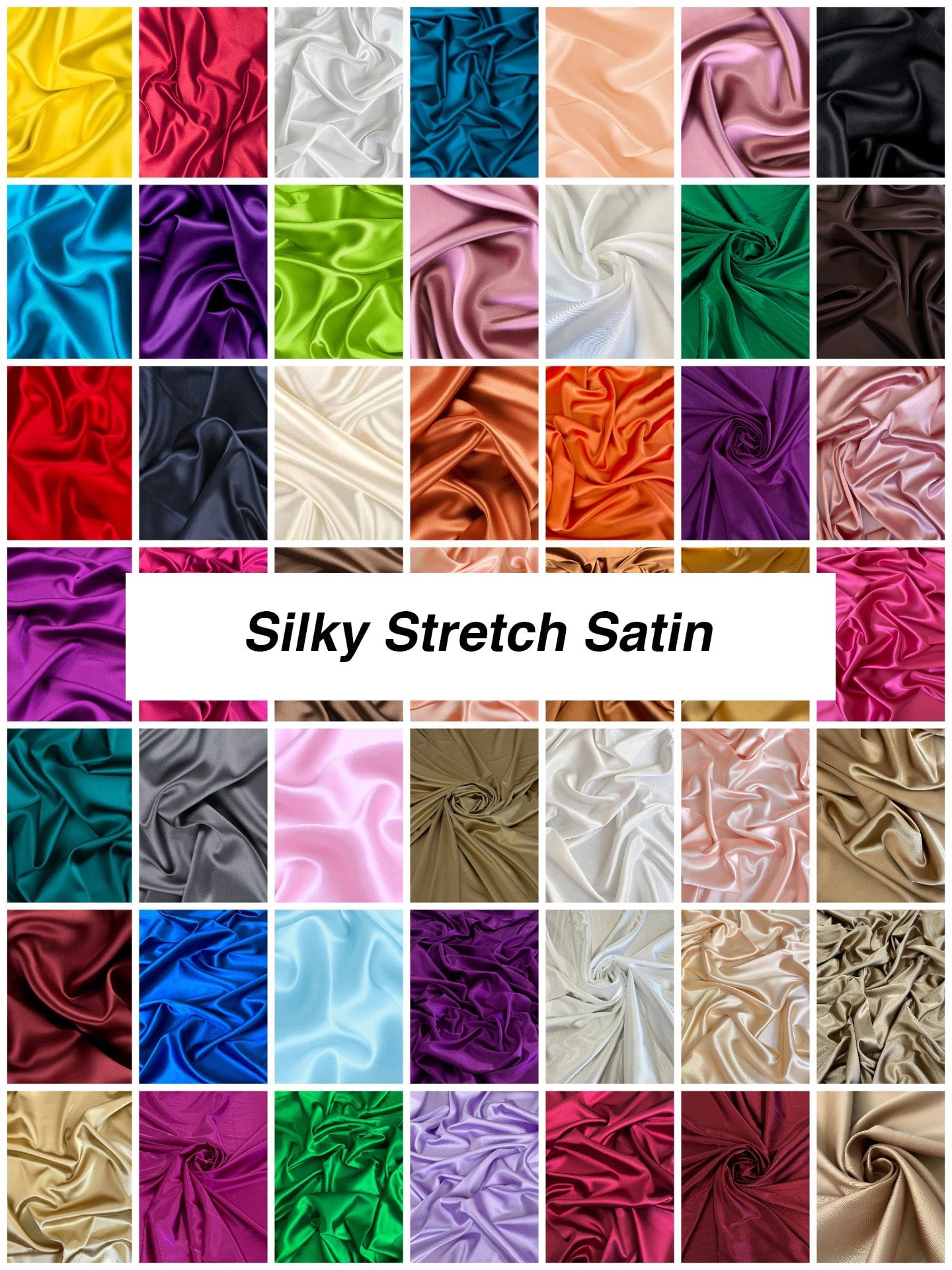
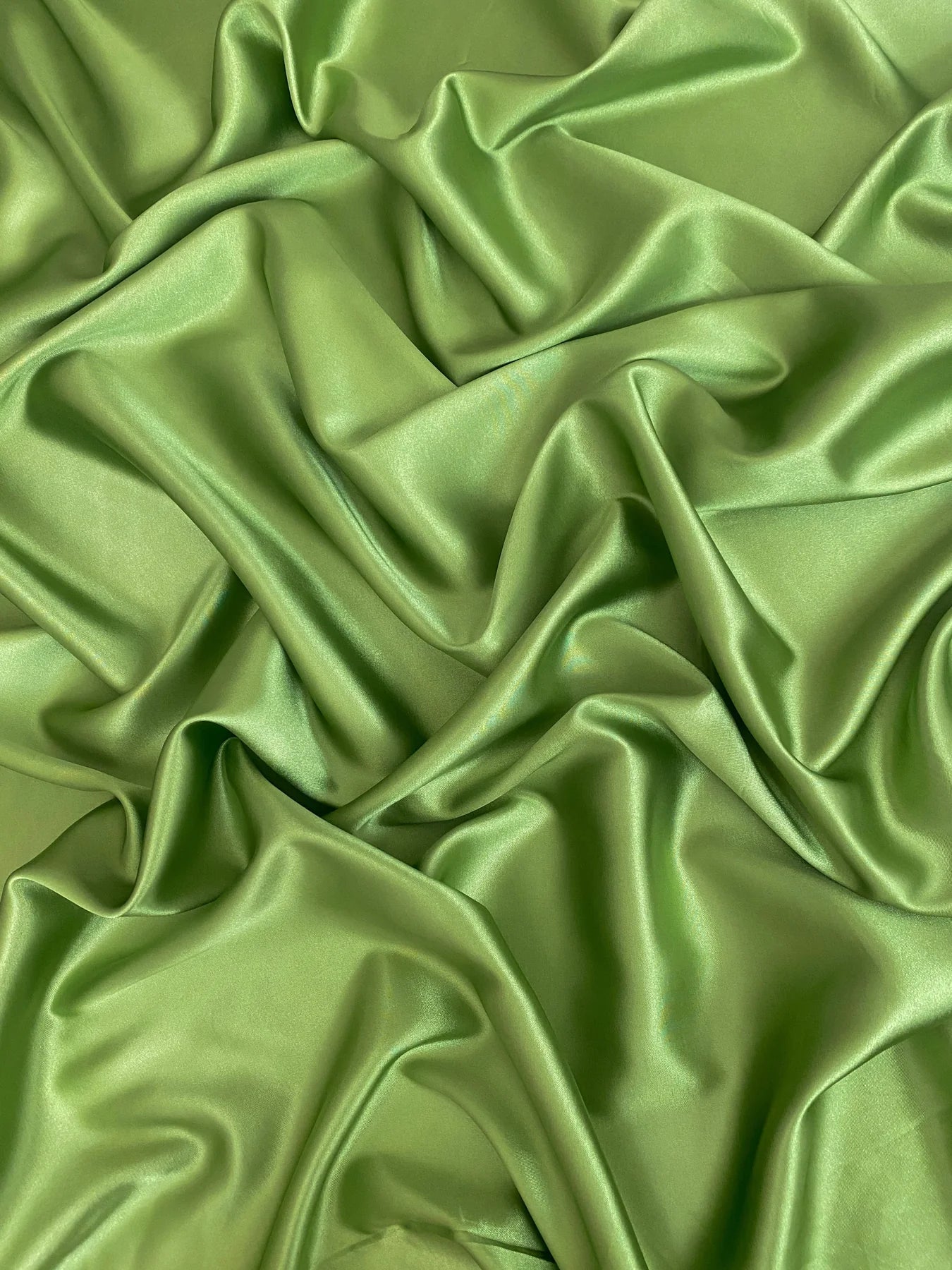
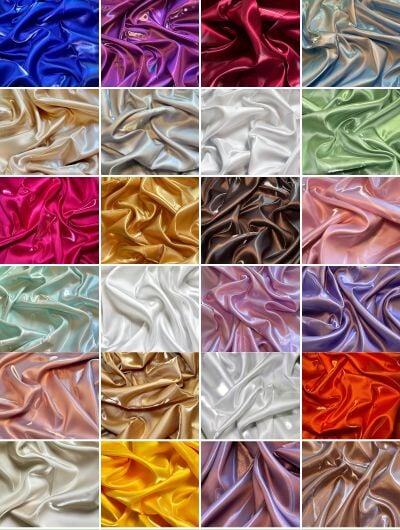
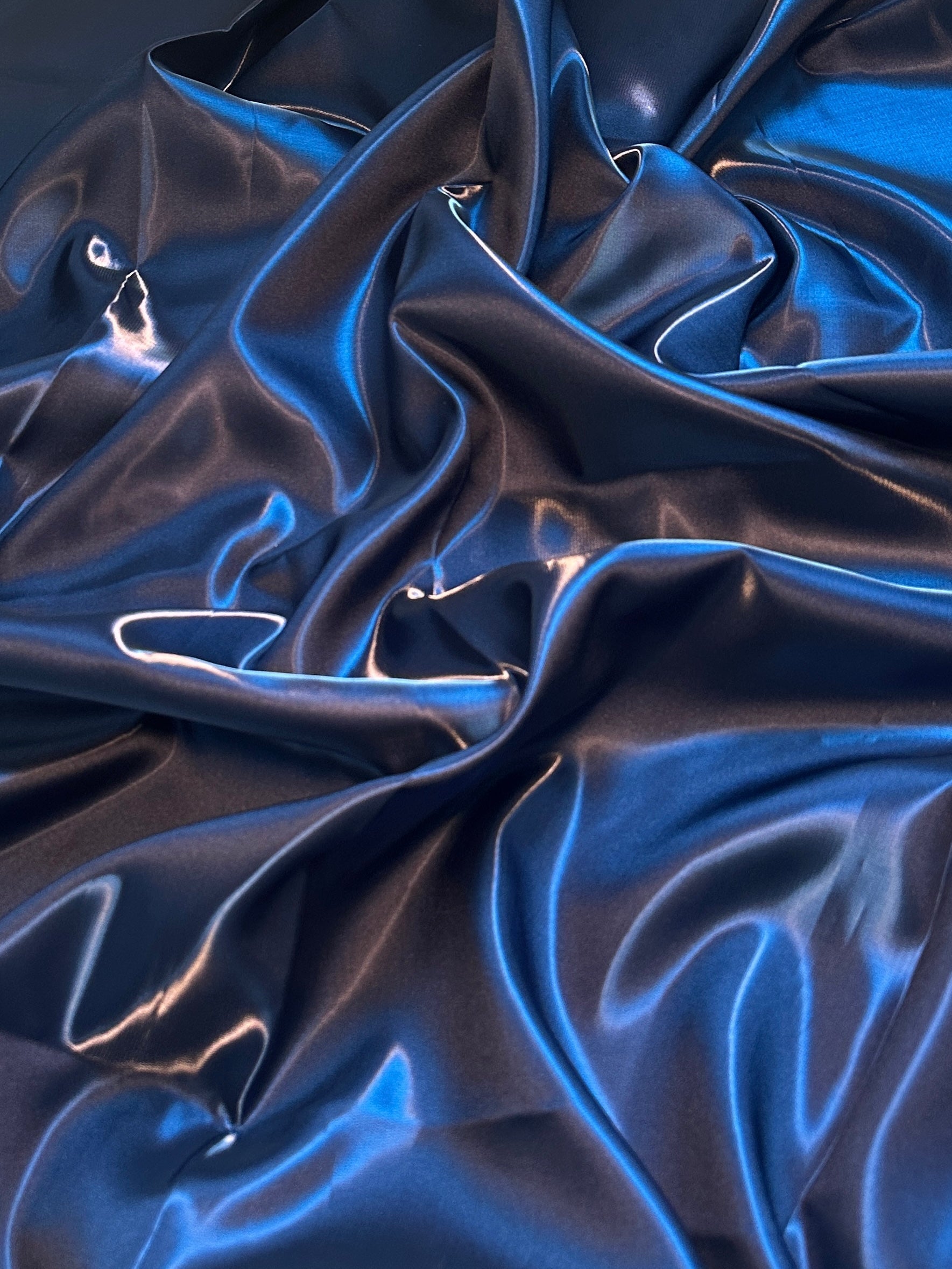
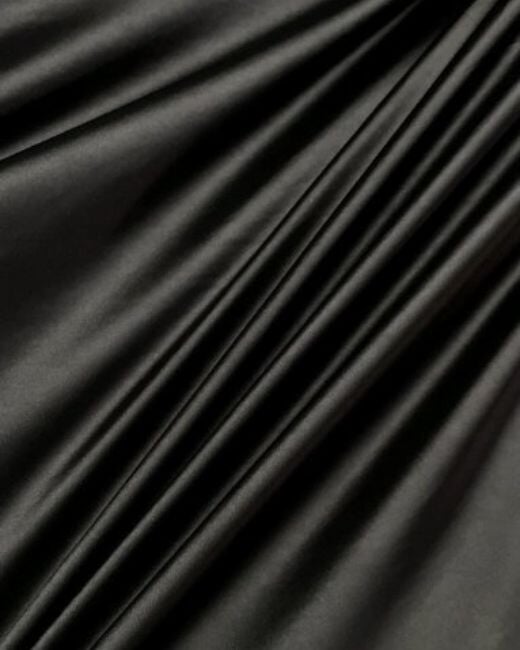
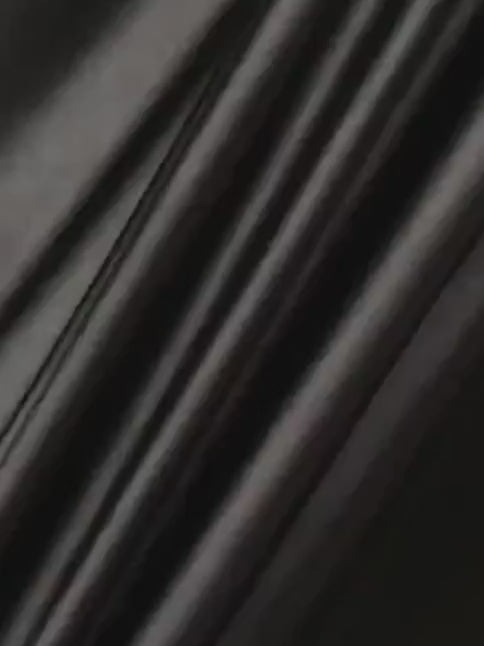
Leave a comment